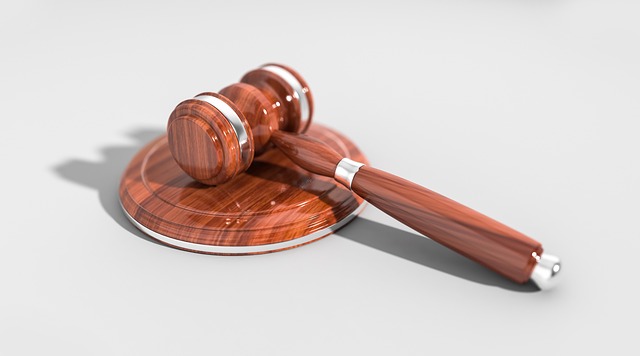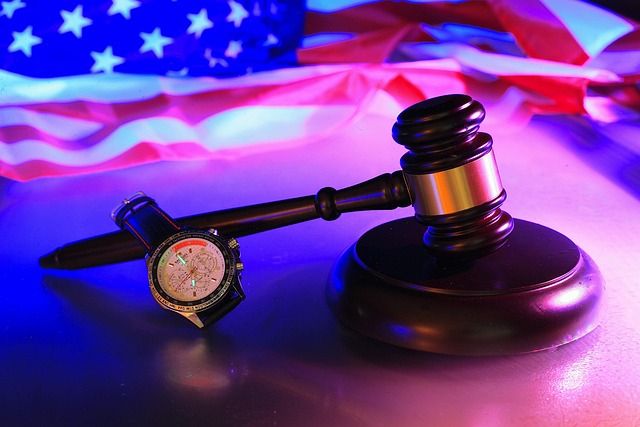Injury arbitration offers a faster alternative to court litigation with varying financial costs. Filing fees range widely (from $200-$5,000+) and legal representation is crucial for complex cases. Each side typically pays their own legal fees, but exceptions exist where costs may be shifted based on case outcome or severity of injuries. Additional expenses include arbitrators' compensation, filing fees, and expert witness costs. Early financial planning, understanding these costs, securing a budget, and engaging experienced legal representation specializing in injury arbitration can mitigate these expenses and improve outcomes for claimants.
Personal injury arbitration offers a quicker, more cost-effective alternative to traditional litigation. However, understanding and managing the associated costs is crucial for those seeking compensation. This article delves into the financial implications of personal injury arbitration, exploring who typically bears these expenses and providing strategies to mitigate the financial burden. By understanding these factors, injured parties can navigate the process with greater confidence and clarity.
- Understanding Personal Injury Arbitration Costs
- Who Bears the Financial Burden?
- Strategies to Mitigate Arbitration Expenses
Understanding Personal Injury Arbitration Costs

Personal injury arbitration costs can be a complex web for claimants to navigate. It’s crucial to understand that these expenses are distinct from court-based litigation and often more streamlined, yet still involve financial outlays. The process typically includes filing fees, which vary based on jurisdiction and the complexity of the case, ranging from a few hundred to several thousand dollars.
Legal representation in arbitration is another significant cost. While some arbitrators may allow pro se (self-represented) parties, engaging a truck accident lawyer or legal expert for guidance is advisable given the intricacies involved in cases like medical malpractice or wrongful death claims. Their expertise can help navigate these proceedings effectively and potentially secure a more favorable outcome.
Who Bears the Financial Burden?

In personal injury arbitration, understanding who bears the financial burden is crucial. When it comes to legal proceedings, the cost of arbitration can be a significant factor for both plaintiffs and defendants. Generally, each side is responsible for covering their own attorney fees and expenses, which can vary widely based on the complexity of the case and the location of the arbitration. However, there are exceptions where one party may be ordered to pay the other’s legal costs, especially if the outcome justifies it or in cases like nursing home neglect or caregiver negligence, where serious injuries have occurred.
The financial burden also extends beyond legal fees. Arbitrators’ compensation, filing fees, and any expert witness expenses are additional costs that must be considered. In some instances, these expenses can be split between the parties, while in others, they are borne entirely by one side. Careful budgeting and financial planning are essential for anyone navigating injury arbitration to ensure they can manage the potential economic impacts of the process.
Strategies to Mitigate Arbitration Expenses

To mitigate the costs associated with personal injury arbitration, several strategic approaches can be employed. Firstly, it’s crucial to assess and understand the specific expenses involved early on in the process. This includes filing fees, administrative costs, and potential expert witness fees, which can vary significantly based on the complexity of the case. By securing a clear budget and identifying these costs upfront, individuals can better prepare for the financial implications ahead.
Additionally, selecting experienced legal representation who specialize in injury arbitration can help streamline the process and negotiate better terms. Skilled attorneys often have established relationships with arbitrators and know how to present cases efficiently, reducing overall expenses. For instance, in cases involving car accident injuries, elder abuse, or caregiver abuse, leveraging specialized knowledge can lead to more favorable outcomes and potentially lower costs for the claimant.
Personal injury arbitration can be a cost-effective alternative to litigation, but understanding and managing the associated expenses are crucial. By reviewing the costs involved, knowing who bears these financial burdens, and employing strategies to mitigate expenses, individuals navigating injury arbitration can ensure a fair process without breaking the bank. This knowledge empowers them to make informed decisions, potentially leading to more favorable outcomes in their personal injury cases.






